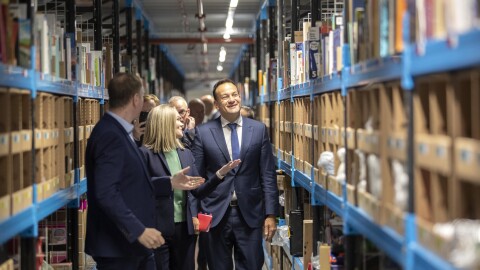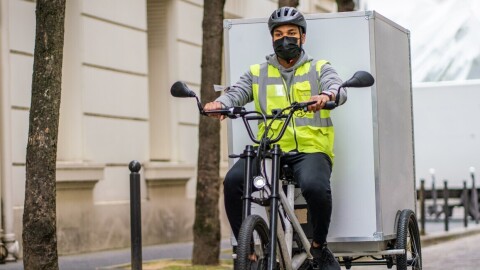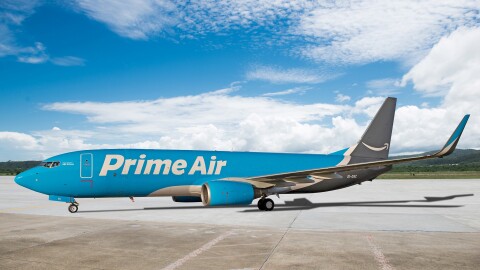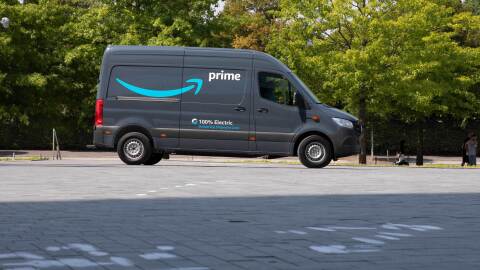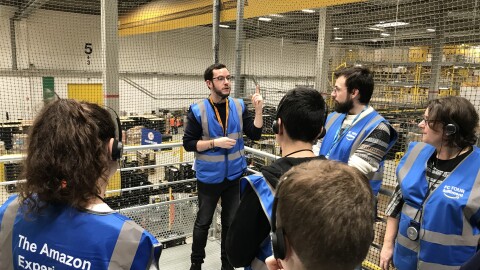The following are remarks by Stefano Perego, our VP of International Operations, during the G7 Ministerial meeting on Transport in Milan.
Amazon is a strong supporter of G7 economies - between 2010 and 2021, we invested €1.276 trillion and employed over 1.3 million people across G7 countries. In Italy in particular, we’ve invested almost €17 billion since 2010, building a logistics network of almost 60 sites from north to south and created 18,000 permanent jobs. On April 11th, we inaugurated our new Operations Innovation Lab in Vercelli, northern Italy. The Lab serves as the hub for advanced robotics and AI-powered innovations destined to shape the future of work across our European fulfilment centre network. By the end of 2024, the team will have been responsible for the installation of over 1,000 pieces of new technology throughout our European fulfilment centre network, representing an investment of more than €700 million over the last five years. The Lab is more than just the international innovation hub for Amazon teams. It serves as a training centre for Amazon Robotics operators, as well as a testing ground for start-ups receiving funding and guidance through the Amazon Industrial Innovation Fund. Moreover, starting in 2024, the Lab will be open for public tours, offering customers, schools, or anyone interested, the opportunity to discover how we create and develop innovations.
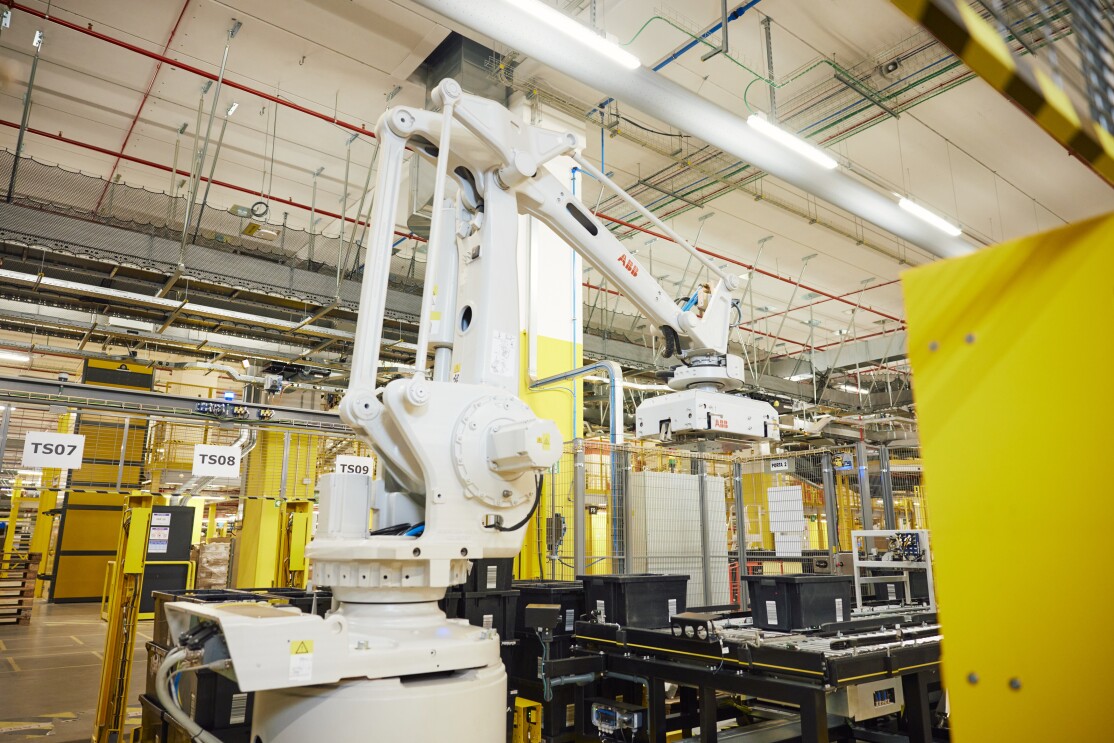
I shared one of the examples about how we continue to innovate at Amazon with the G7 transportation community. In Europe, we have been expanding the use of short sea routes and rail to transport packages and inventory in recent years. Europe’s unique geographic landscape and infrastructure means that rail and sea routes are often a more efficient and even faster mode of transport for transporting goods over long distances. In 2023 alone, we grew our use of rail and sea transportation by 50% and now distribute products via more than 100 rail lanes and more than 300 sea routes. These routes are powered by partnerships with various European sea and rail carriers and enable us to speed up customer deliveries and inventory transfers, reducing carbon emissions by almost 50%.
Just last week, we announced a new partnership with Mercitalia to transport goods between Amazon fulfilment centres in Germany and Italy. This agreement aims at reducing international freight traffic, tail-pipe carbon emissions, and congestion on key European roadways.

A few weeks ago, we spoke about how we partnered with Bocconi University's GREEN team, who analysed 24 national and international sea routes used by local sea carriers to look at the impact of the Italian maritime industry on the country’s economy. The team at the university found that choosing sea transport over road allows for a more than 50% reduction in operating costs of about €2.02 billion. In addition to business benefits, there is also a positive environmental impact, and in particular a reduction of 0.7 million tons of carbon emissions per year, the equivalent of removing 375,000 cars from Italian roads.
I strongly believe that public and private partnership is essential to support the global and European connectivity. As we share examples of how we innovate and drive efficiencies across our logistics network and open the doors of our buildings, including the doors of the newly inaugurated Operations innovations Lab, I’m excited about the future we can build together.



